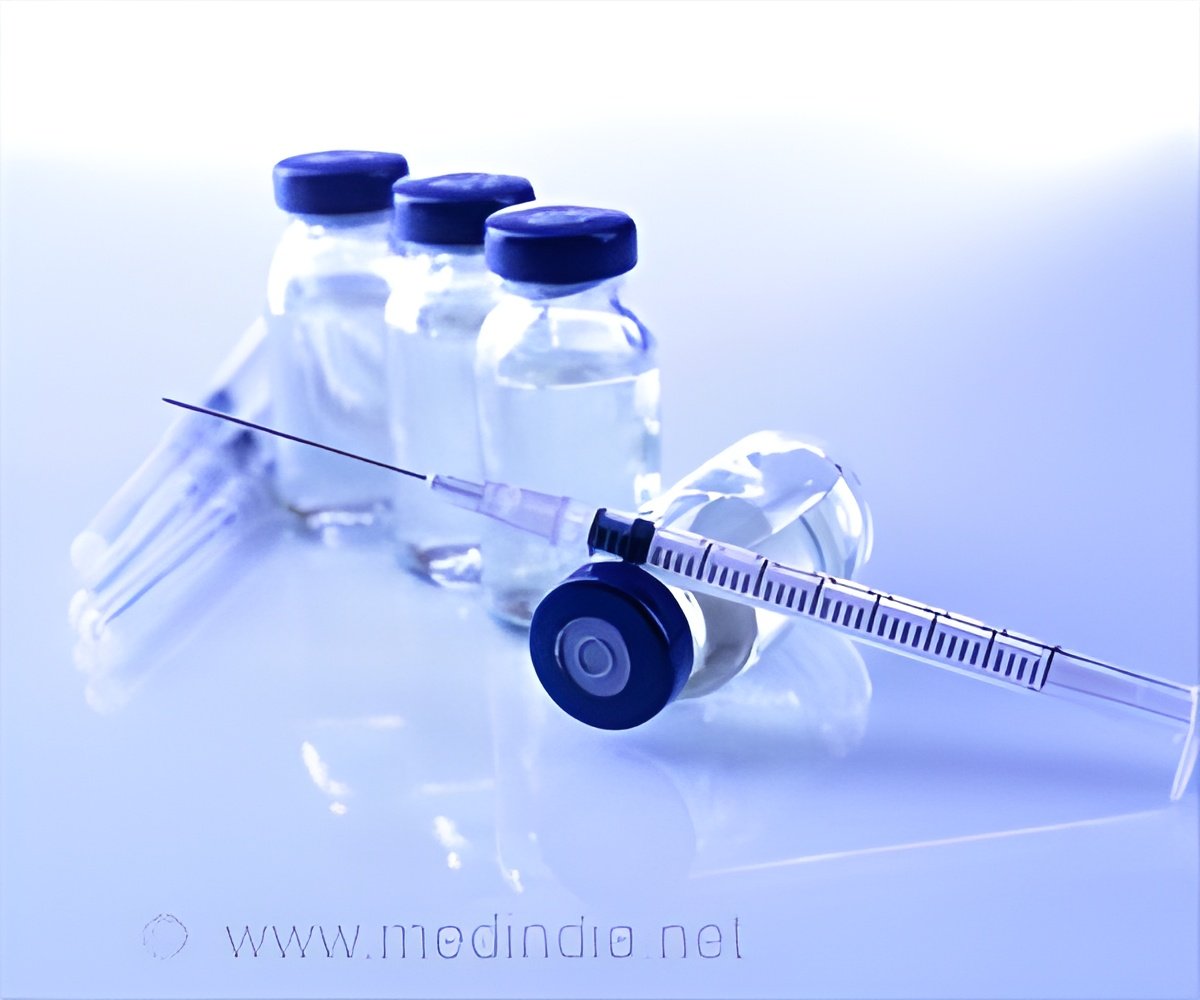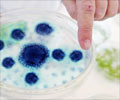Chemical inhibitor K777 found to reduce the coronavirus' ability to infect cell lines by blocking human enzyme cathepsin L.

‘K777 inhibitors may hold promise in combatting coronavirus. Also, they inhibit human enzyme, not the virus itself. So, its less likely the virus will develop resistance against it.’
Read More..




They later found that cathepsin L looks and acts like cruzain.Read More..
In a study published by ACS Chemical Biology, McKerrow and the team show that low concentrations of K777 inhibit cathepsin L can reduce SARS-CoV-2's ability to infect four host cell lines, without harming the cells.
"Since K777 inhibits a human enzyme, not the virus itself, it's our hope that it's less likely the virus will evolve resistance against it," said McKerrow, co-senior author of the study with Thomas Meek, PhD, of Texas A&M University.
The cell lines tested were derived from African green monkey kidney epithelium, human cervical epithelium and two types of human lung epithelium. While an important research tool, cell lines such as these are not necessarily representative of patients.
They are easy to grow and manipulate in research laboratories because they are cancer cells, but that also means their molecular features likely differ from the average person's healthy lung or cervical cells.
Advertisement
We're fortunate that an 'entrepreneur-in-residence' program here at UC San Diego has helped bridge that gap."
Selva is planning Phase II clinical trial in non-hospitalized COVID-19 patients for late 2021.
Source-Medindia











